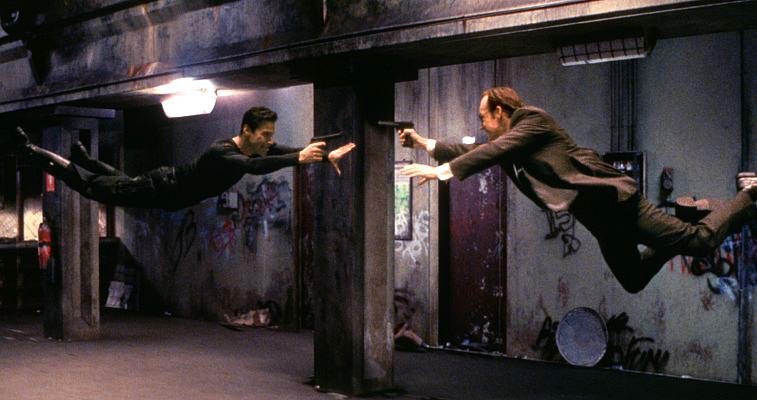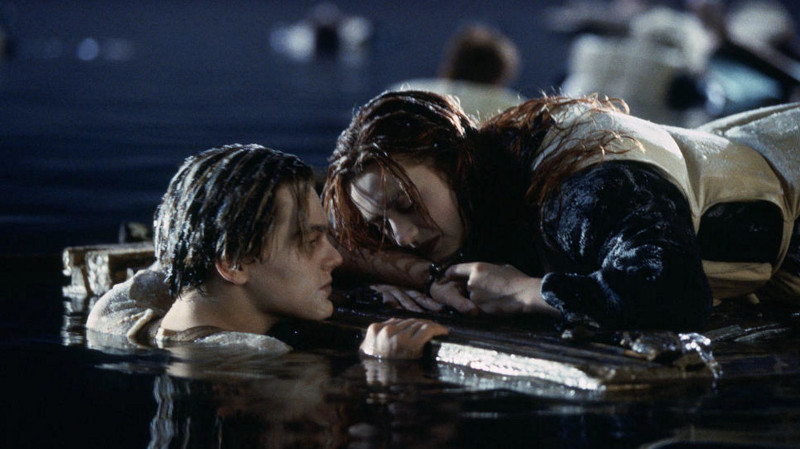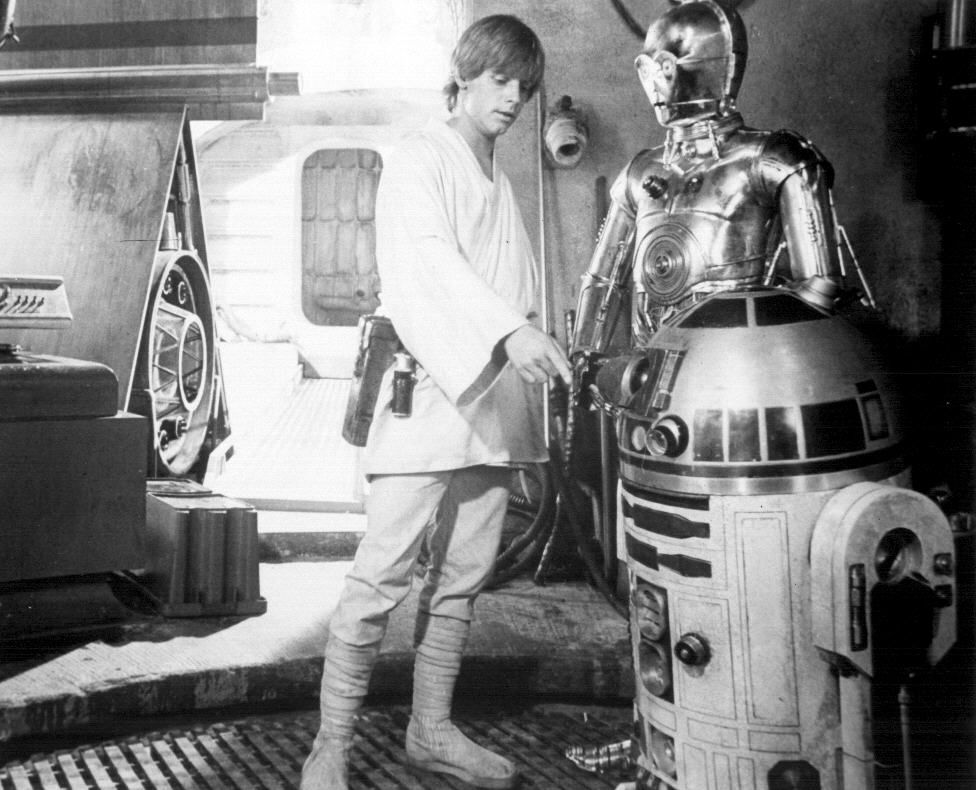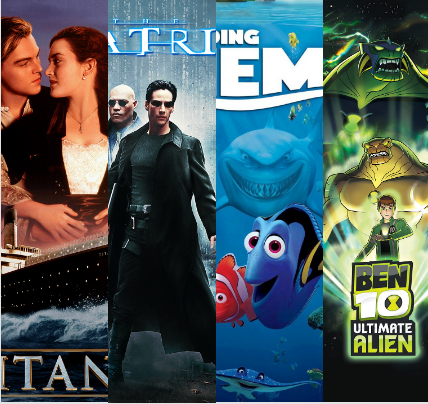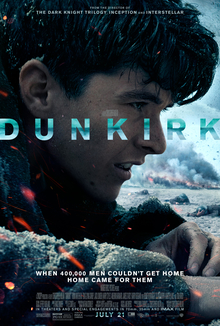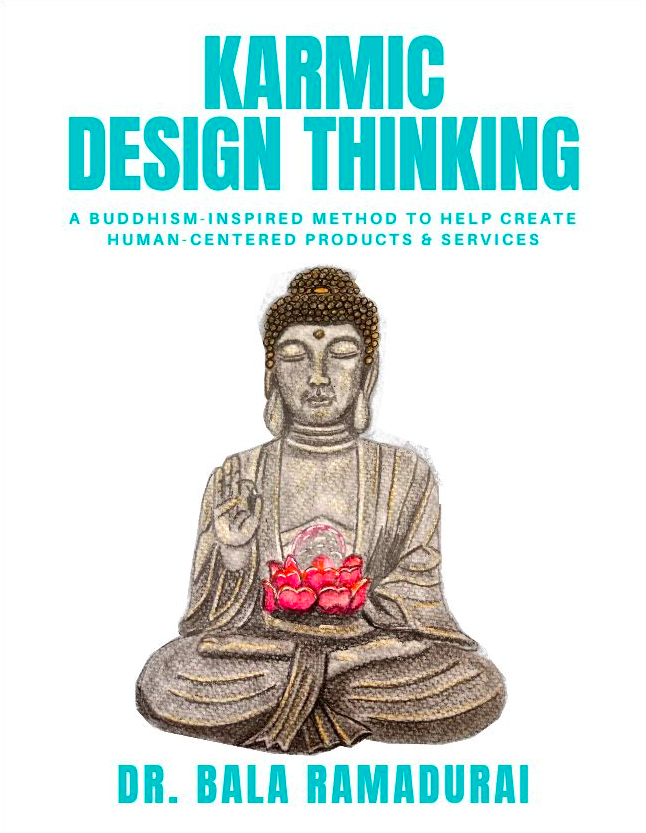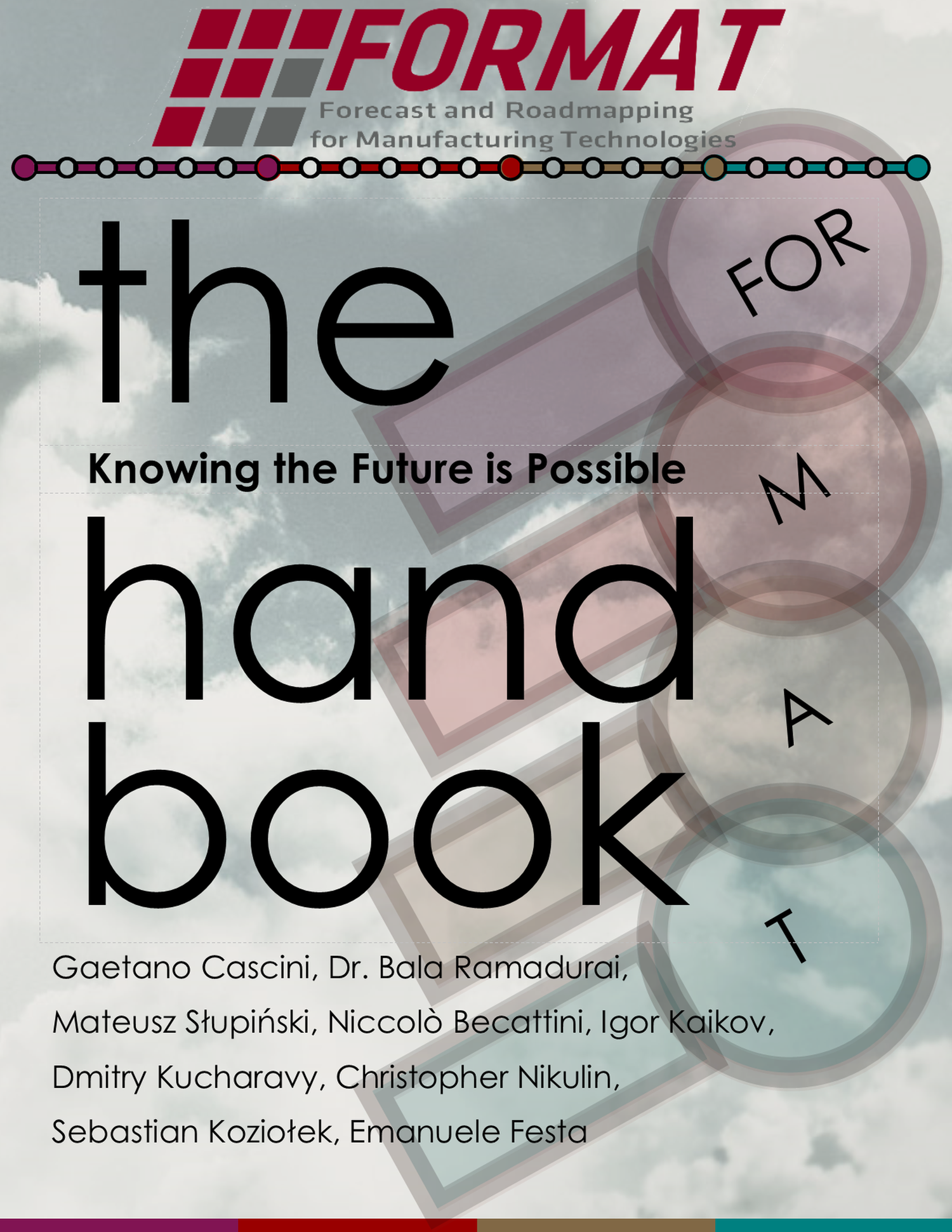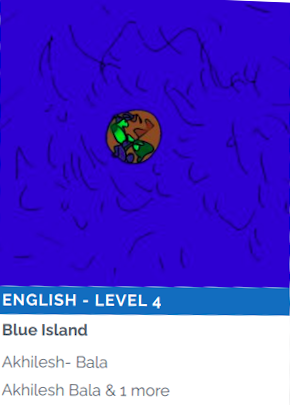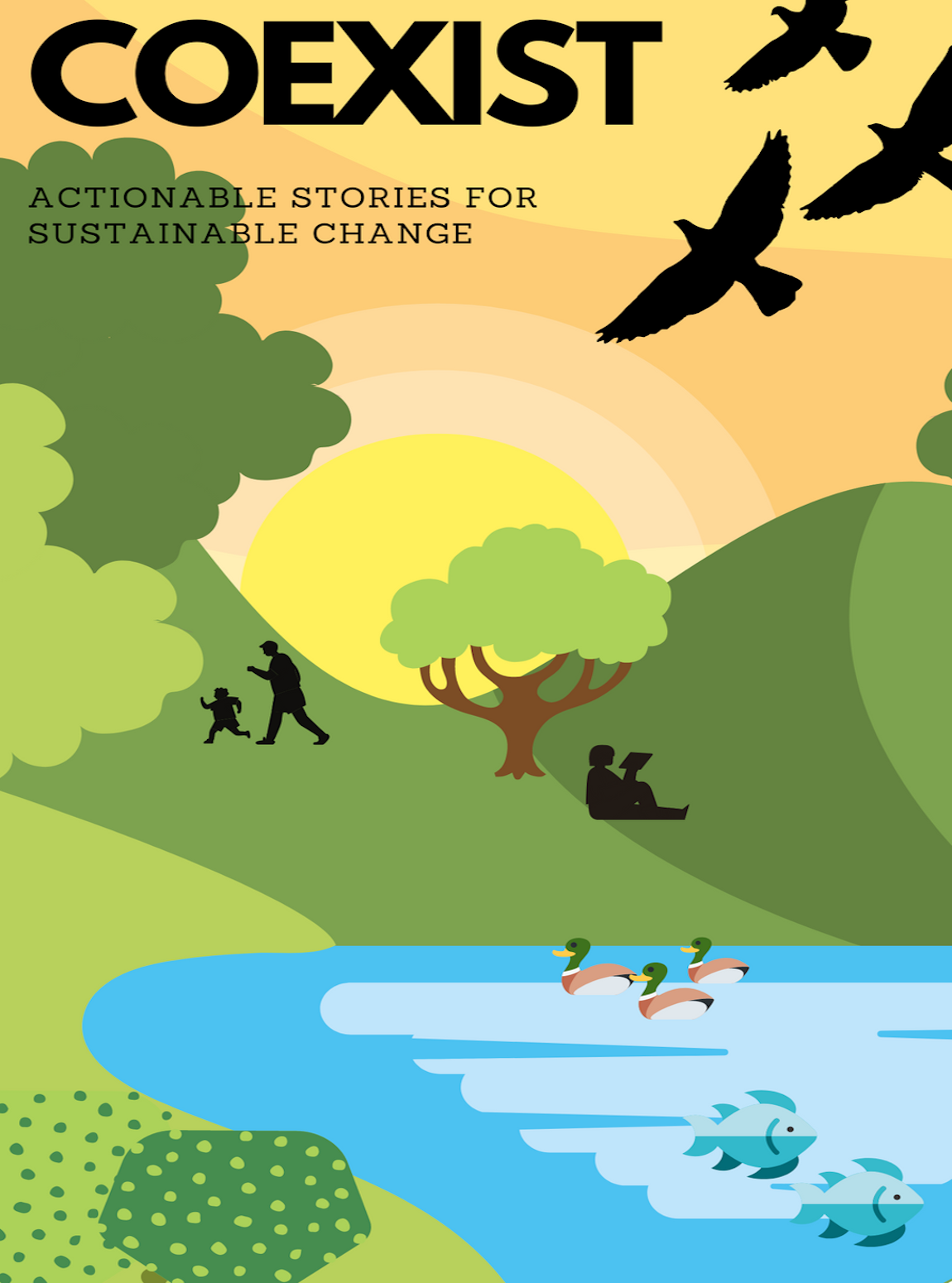COEXIST - Actionable Stories for Sustainable Change - The End
The final battle, challenge, finale, climax
You can call it whatever you want. This is it!
You’ve been prepping the hero and their team for, the entire story. Let’em have it all. There are certain battles which are epic and form their own story (You can apply the COEXIST structure just for the ending sequences).
Let’s recap. In the COEXIST storytelling method, we
- chose a hero and an issue in step C;
- wrote our grand story in one-line in step O;
- made our hero “get out” of their comfort zone in step E;
- gave them an external threat for them to battle in step X;
- moved the hero from reaction to action in step I;
- removed the help of their best friend/mentor in step S;
- pitted them against the very thing that they never faced before on their own in step T;
- and now, describe the final face-off in its entirety and give them something special as well.
Let’s go back to the stories that we have been tracking.
In Finding Nemo, Nemo, Marlin and Dory ask the fish to fight against the might of the fishing net. “Just keep swimming” is the mantra that these three tell all of the fish caught in the net. Marlin’s son does manage to free up all the fish and Dory, however Nemo lies at the ocean floor. Of course, Marlin, Dory and Nemo are united and as a special, we meet offspring, the Turtle, as the exchange student.
In The Matrix, after several failed attempts at being stopped, Neo reaches a telephone to be transported back to the real world. He faces his last challenge, he is shot by the agent at point blank range. Trinity throws a contradictory statement at Neo, which somehow revives him. He is now unstoppable and destroys Agent Smith. As a bonus, we see Neo do a flying thing at the end.
In Titanic, the tough challenge is to gain her senses to attract the attention of the rescuers, evade Cal and enter the US. She becomes an actress and finally has the heart to throw the Heart of the Ocean necklace into the… well… ocean.
How do you perform the final step of The End?



